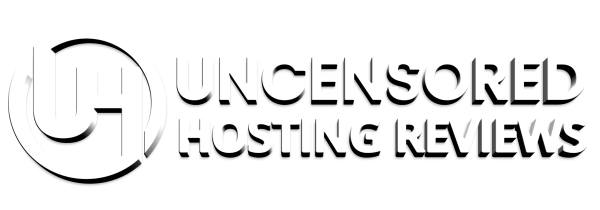Here you’ll find the largest list with Germany hosting reviews. We’ve listed all Germany hosting providers with our UNCENSORED review and that of users.
Internet in Germany
According to Akamai’s Q3 2015 rankings, Germany ranks 19th in the world in terms of Internet connection speeds, with an average connection speed of 11.5 Mbps and an average peak connection speed of 49.2 Mbps.
Out of the 84 million German population, nearly 84% are connected to the Internet, according to latest data published by the World Bank Group.
DSL is the prevalent Internet access technology in Germany. There are over 30 million subscribers to this type of connection. Other technologies, such as cable, FFTH, FTTB, UMTS/HSDPA and LTE also exist, but to a lesser degree.
The local infrastructure experiences fast-paced and steady advancement owing to the fact that the industry belongs to the private sector. The market seems highly-fragmented owing to the large number of ISPs, but the most prominent ISP remains and is likely to remain Deutsche Telekom for the foreseeable future. Other companies basically rent themselves onto their network.
According to latest data published by Numbeo, a typical ADSL2+ subscription to the Internet, comprising 16 Mbps downlink and 1 Mbps uplink, starts at roughly $30 per month. While this cost may be affordable for the average German, it is still a high cost compared to other European countries where the infrastructure is extremely more advanced and prices for Internet services are halved, such as Hungary or Romania.
Along with the advancement of the Internet, the web hosting industry has also kept pace. By analyzing some of the most important web hosts on the German market, we have determined that the offering of each particular company is comprehensive, feature-packed and quite affordable. Generally, prices for Shared, VPS and Dedicated Hosting plans start at $3, $20 and $50 per month respectively. Some of these companies also tie you to quarterly, semiannual or annual payments – monthly subscriptions are not to be found often. Support for world languages, such as English, French or Spanish, is very limited.
Below you can find some of the most important characteristics of the Internet in Germany:
1. The industry belongs to the private sector
The infrastructure experiences fast-paced and steady advancement owing to the fact that the industry belongs to the private sector. From this vantage point, however, Germany lags behind other considerably poorer Eastern European countries, such as Romania or Hungary.
2. A single market leader
While there are many ISPs in Germany, significant names including 1&1, Vodafone, o2 and Versatel, there is, in fact, a single company which pulls all the strings, which is Deutsche Telekom. The aforementioned companies either operate their own hardware on local loops rented from the incumbent (Deutsche Telekom), or purchase bit-stream access from a provider that operates DSL hardware.
3. Stern copyright laws
In Germany, file sharing is illegal. On paper, the simple act of attempting to download copyrighted files through popular torrent software such as BitTorrent attracts fines of up to $1500. The German state-authorized performance rights organization, called GEMA, used to be actively involved in taking down YouTube videos that were in breach of German copyright laws. This is one of the main reasons Germany is not a popular offshore hosting location.
4. Little to no censorship
Internet subscribers in Germany benefit from a lot of Internet freedom. The government is not known to actively and abusively monitor day-to-day activities of Internet users unless a warrant is issued to this effect. The only known interference of the government on the Internet revolves around banning websites that promote the so-called “denial of crimes against humanity”, such as denial of Communist-era crimes or Holocaust denial. The latter is a felony under the German law, and felons are severely punished.

